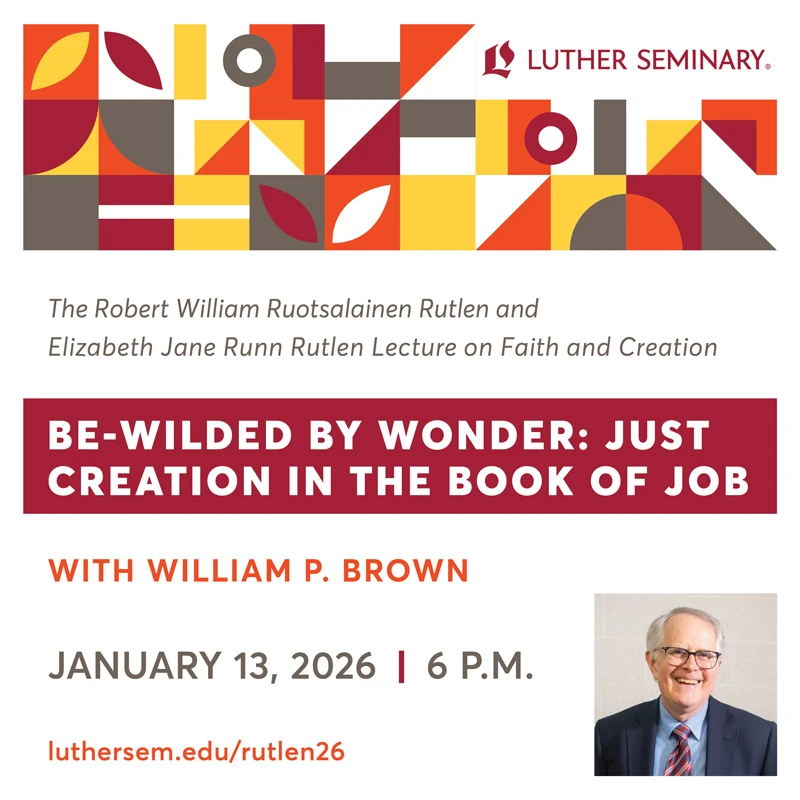SUMMARY
Zechariah is positioned as a latter-day prophet, who carries the same message that the Israelites have been hearing for generations
ANALYSIS
Sometime in the late 520s BCE, Zechariah burst onto the scene to tell the Israelites about 60 years after the exile that God was still speaking. God notes that the parents of the current generation did not listen to the former prophets (presumably IsaiahIsaiah, son of Amoz, who prophesied in Jerusalem, is included among the prophets of the eighth century BCE (along with Amos, Hosea, and Micah)--preachers who boldly proclaimed God's word of judgment against the economic, social, and religious disorders of their time. More, JeremiahProphet who condemned Judah's infidelity to God, warned of Babylonian conquest, and promised a new covenant. More, EzekielEzekiel was a priest and prophet who was raised in Jerusalem and exiled to Babylon in 597 BCE. More, among others). Those people died, along with the prophets who spoke to them (Zechariah 1:5). God’s word and laws outlasted those generations and the Kingdom of JudahJudah was the name of Jacob's fourth son and one of the 12 tribes. More. Zechariah spoke to groups of returning Jewish exiles (see EzraScribe who helped establish Jewish practices in Jerusalem after the exile. More 5:1 & 6:14) as well as inhabitants of Jerusalem who had not been carried off. The visions and messages of Zechariah present a God who is still active and wanting the best for people, even after the national calamity brought about as punishment for injustice and idolatry. Zechariah opens with the Judahite eldersElders are leaders who exercise wisdom or leadership by virtue of their age and experience. In the New Testament elders, along with the chief priests and scribes, constituted the primary opposition to Jesus when he taught in Jerusalem. More admitting that the destruction and exile was a just punishment for their sins (Zechariah 1:6).

